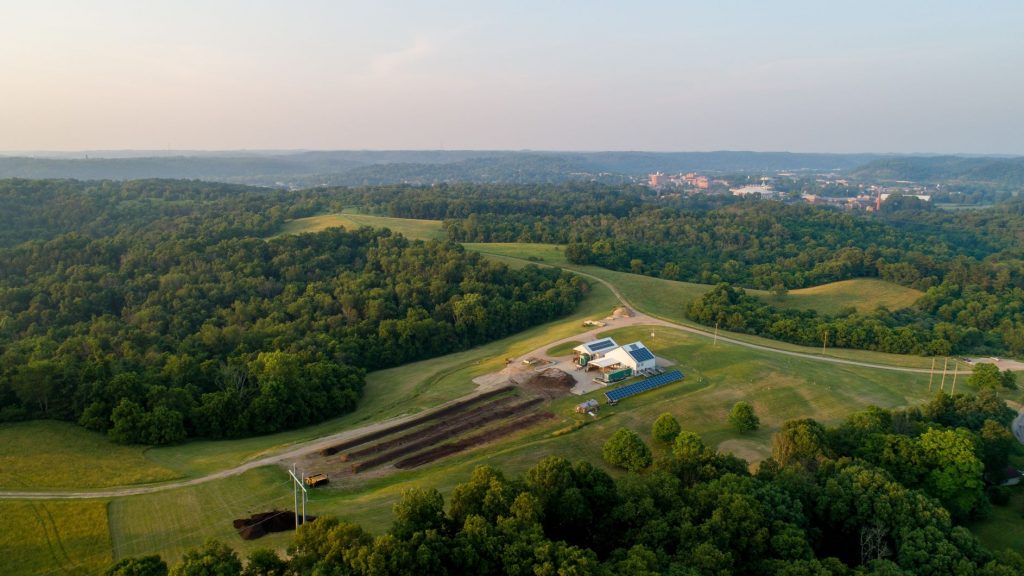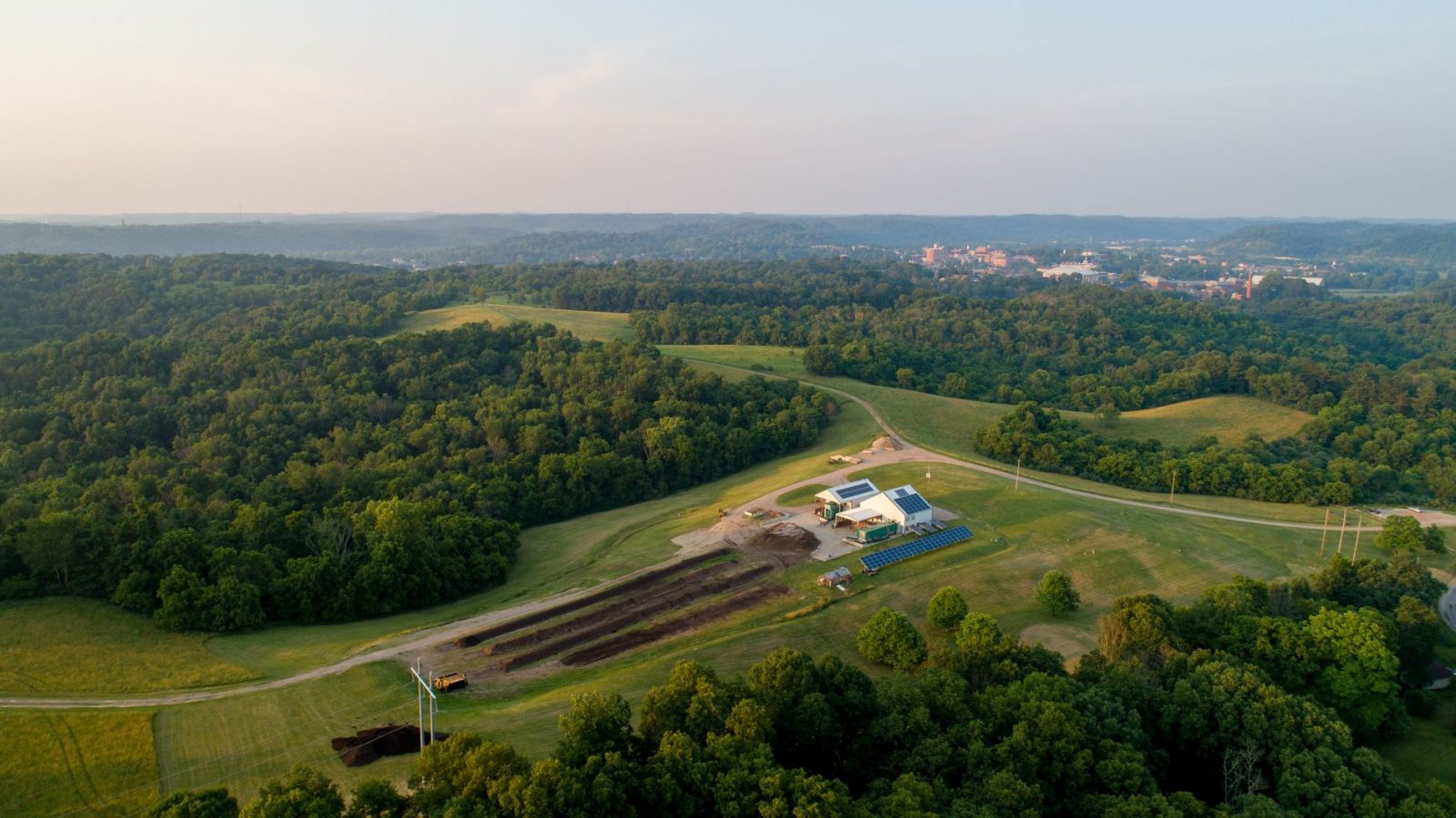As people become more aware of the damage our society is doing to the environment, they may not know one simple thing they can do to help: composting.
Residents of Athens, Ohio may also not know that their town has been ahead of this epiphany for over a decade. In 2009, Ohio University became home to the largest in-vessel compost facility in the nation according to Director of Facilities Management Steve Mack.
Why such a large facility might you ask? “In order to process the amount of food waste at the University, primarily post-consumer food waste from dining halls, a large system was necessary,” said Associate Director of the office of Sustainability Sam Crowl.

All food waste for the compost comes exclusively from Ohio University’s Culinary Services. Once the compost is completely broken down, the soil is then used on campus for landscaping beds, trees, lawns and intramural fields.
How can you help?
- Buy it: Local community members, including those in surrounding communities, are able to purchase nutrient-rich soil from this facility. Learn how.
- The soil will have everything your plants need including nitrogen, phosphorus and potassium to help buffer soils that are very acidic or alkaline.
- Take a tour: Educating yourself is the best way to spread the word. The staff in the Office of Sustainability says they are happy to support your goals by offering a tour of the facility for groups of 6 or more.
- Schedule a tour of the facility by contacting 740-593-2911.
- Collection/Process: Food for the compost is collected from Central Foods Facility and all Athens campus dining halls six days per week. Both pre- and post- consumer waste is collected.
The facility may be campus-exclusive now; however, the city of Athens is considering adding a curbside compost operation to city refuse and recycling pick-up services. This food waste could potentially be useful for organizations such as Rural Action, a nonprofit organization that works to make communities among the Appalachian Ohio region more sustainable.

